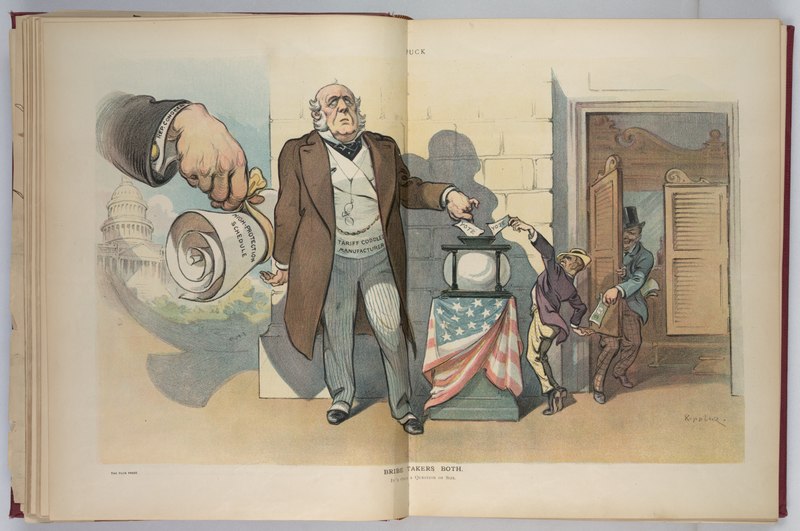
Politicians are people with jobs and with bosses.
On its face that seems like a relatively uncontroversial statement, but I’m always surprised at how much time people spend looking for high principle in the decisions politicians make instead of considering the mundane dynamics of political employment.
In a recent column, I pointed out that Speaker Nancy Pelosi (D-CA) finally opened a formal impeachment inquiry versus President Donald Trump because she’s good at counting votes, not because she’s personally keen on the idea. Pelosi wants to keep her party’s top job in the US House of Representatives. Sometimes keeping that job involves running to the front of parades she didn’t plan.
When I write things like this, some accuse me of being overly cynical. Agree or disagree with a particular politician on a particular issue, they’re convinced that politicians in general are more like painters or musicians who create art for the sake of art than like fry cooks or janitors who work for paychecks and in hope of promotion.
I don’t think I’m too cynical. I’m not saying that politicians lack principles or beliefs. I’m not saying they never act on their principles or beliefs. But they’re people with jobs and with bosses.
Many people seek particular jobs out of what we might consider selfless, or at least highly principled, motives.
A kid dreams of becoming a veterinarian because he or she loves animals.
Decades later, is that kid still spaying, neutering, smooshing stool samples, etc., solely from pure love of animals, or does paying the mortgage and building a profitable practice (or remaining employed in one) perhaps also play a role?
The average elected official probably answers to more bosses than the average American worker. Voters. Campaign contributors. Party officials. Fellow politicians up and down the ladder of power.
Those bosses have conflicting goals and priorities, which means conflicting pressures on the politician. Pressure to move slowly on something he supports. Pressure to move fast on something she has doubts about. Pressure to sacrifice his goals to the group’s goals, just for now, we’ll get to your thing soon, pinky promise.
Politicians aren’t ethereal creatures of pure principle, operating on a higher moral plane than the rest of us. They’re people with jobs and with bosses, just LIKE the rest of us. And that’s more than sufficient reason to not give them much power OVER the rest of us.
Thomas L. Knapp (Twitter: @thomaslknapp) is director and senior news analyst at the William Lloyd Garrison Center for Libertarian Advocacy Journalism (thegarrisoncenter.org). He lives and works in north central Florida.
PUBLICATION/CITATION HISTORY


